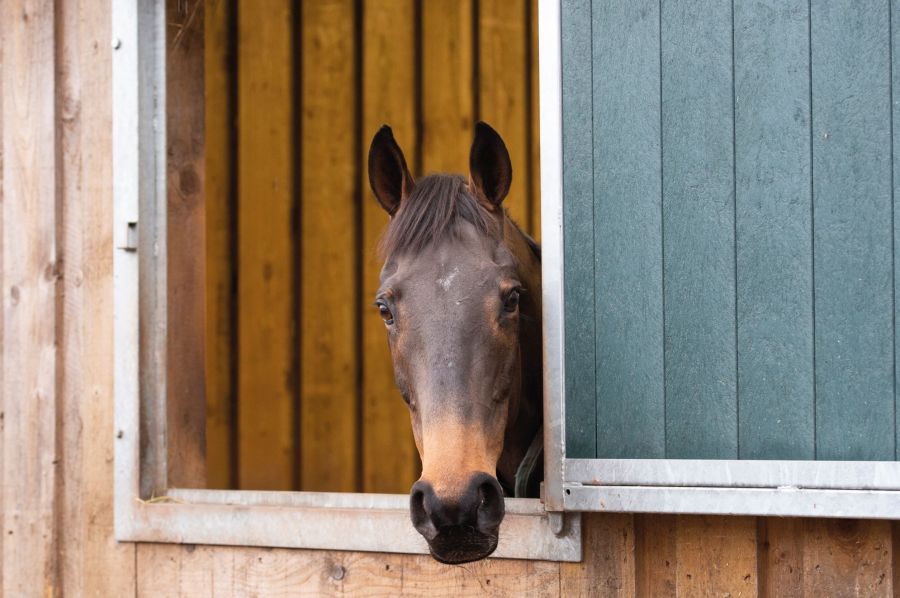Horse owners have been urged not to keep hold of previously prescribed antibiotics ‘for a rainy day’ due to the long-term and far-reaching effects this will have on their care and wellbeing. The BEVA warning has been shared to time in with Antimicrobial Awareness Week (18-24 November 2023).
They said the responsible use of antibiotics (also known as antimicrobials) is essential to help prevent widespread resistance and to ensure continued availability of antimicrobials both in terms of effectiveness and legislation.
“Giving random, left over or old antibiotics to your horse for a suspected infection is irresponsible and potentially dangerous,” said BEVA’s Immediate Past President David Rendle, RCVS and European Specialist in Equine Internal Medicine.
“It could make things worse, as they might not be the right type of antibiotic for that specific infection and could easily contribute to the problem of resistance. People also forget that antibiotics are not without risk and their use can trigger serious – even fatal – intestinal disease.”
Multi drug-resistant bacteria are an increasing problem, with affected horses having longer recovery times, and owners are faced with higher costs of treatment.
“If you give too little of an antibiotic because you aren’t sure what to give or don’t have enough for the course that is required, the infection is unlikely to be sufficiently treated and you will increase the risk of resistant bacteria,” said BEVA President Roger Smith.
Contaminating soil and watercourses
BEVA is asking horse owners to give any leftover antibiotics back to their vet when they are next visiting.
“It is crucial not to throw old medicines away in the rubbish or flush them down the loo, as they can eventually return to the environment, contaminating soil and watercourses and cause damage to wildlife,” added Roger.
“The problems we are seeing with antimicrobial resistance is relevant to all vets and all horse owners, and we must all act to reduce the development of resistance.”
BEVA’s PROTECT ME toolkit, containing posters and fact sheets for BEVA members to share, can be found at https://www.beva.org.uk/Protect-Me










